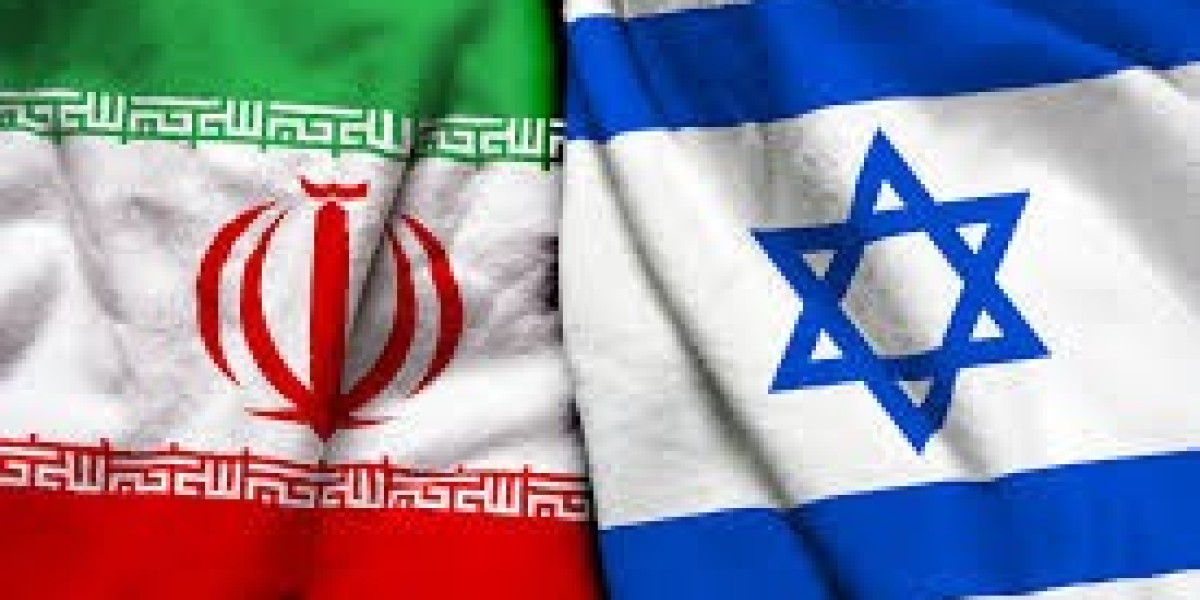In a shocking turn of events, Israel and Iran have escalated to direct military confrontation. Tensions are high, missiles are flying, and the world is watching—even as leaders warn this could spiral into a full-blown war. With both nations showcasing their strength, the spotlight is now on the balance of Israel vs Iran military power, as analysts debate which side holds the upper hand and how their capabilities could shape the outcome of this rapidly intensifying conflict.
What Sparked the Conflict?
On June 12–13, 2025, Israel launched a massive air and drone campaign—codenamed Operation Rising Lion—striking over 100 strategic Iranian targets. These included nuclear facilities (like Natanz and Esfahan), missile bases, air-defense systems, and command centers.
Israel claims the operation eliminated senior IRGC commanders, top nuclear scientists, and struck Iran’s uranium enrichment infrastructure. Iran reports that at least 78 people, including civilians, were killed and more than 320 injured.
Iran’s Response: Missiles and Drones Rain Down on Israel
Just 18 hours later, Iran launched a barrage of over 200 ballistic missiles and more than 100 drones aimed at Israeli cities, including Tel Aviv and Jerusalem. Israel’s Iron Dome and U.S. support intercepted many projectiles, but several missiles struck residential areas, causing casualties. Official tallies show at least three civilians killed and dozens injured in Israel.
Iranian Supreme Leader Ayatollah Khamenei called it a “declaration of war,” promising further retaliation . In response, Israel’s defense minister warned ominously: “If Tehran continues its attacks, Tehran will burn.”
Human Impact and Regional Fallout
The human toll is significant on both sides. In Iran, residential districts in Tehran were hit hard, displacing families and igniting fears . In Israel, homes in the central region were damaged, and hospitals treated dozens of wounded civilians.
Market fallout was swift: global oil prices surged over 10%, stock indices dipped, and safe-haven assets like gold climbed .
Global Reaction: Diplomacy Under Pressure
International reaction has been swift and varied:
- The United Nations called for “maximum restraint,” urging both sides to step back.
- The IAEA warned attacking nuclear sites risks “grave consequences”.
Regional powers like Turkey, Saudi Arabia, UAE, Qatar, and Oman condemned Israel’s assault, labeling it reckless and urging diplomacy.
NATO stressed the need for de-escalation, while Russia offered mediation, speaking with both Iranian and Israeli leaders.
In the U.S., Congress largely backed Israel’s right to self-defense—yet many leaders cautioned against a wider conflict .
What Lies Ahead?
This confrontation has all the hallmarks of a long conflict:
Israel may extend airstrikes over several weeks to further damage Iran’s military capabilities .
Iran has threatened continued missile and drone reprisals—possibly involving its regional allies like Hezbollah and the Houthis.
Diplomatic channels have been disrupted: pending U.S.–Iran nuclear talks were shelved indefinitely .
The major powers—U.S., Russia, UN, EU—are scrambling to defuse the situation, fearing a wider Middle East war.
Why This Matters Globally
Beyond the tragic loss of life, the crisis threatens global stability:
Oil prices spiked, affecting global markets and everyday costs .
A sustained conflict could disrupt shipping through the Strait of Hormuz, a vital artery for world energy supplies.
A regional war involving U.S. troops, Russia, or militia forces could have far-reaching consequences.
Humanized Perspective
Imagine being a family in Tehran or Tel Aviv—sleep invaded by sirens, nights spent in shelters, not knowing if the next explosion is the last. Civilian trauma is growing, and everyday life is shattered. The world’s leaders must ask: is there any path back to peace before more lives are lost?
In Summary
Israel’s pre-emptive air attacks targeted nuclear and military sites across Iran.
Iran retaliated with hundreds of missiles and drones directed at Israeli homes, claiming self-defense.
Casualties and damage are rising on both sides, disrupting regional life and economies.
Global leaders are calling for calm, but diplomacy seems sidelined.
Risks remain very high—without restraint, this could spiral into a region-wide crisis.








